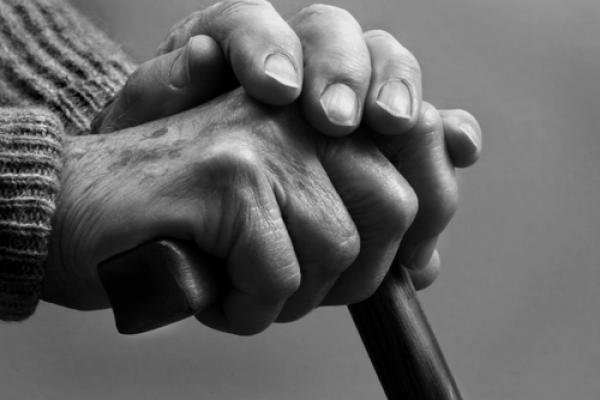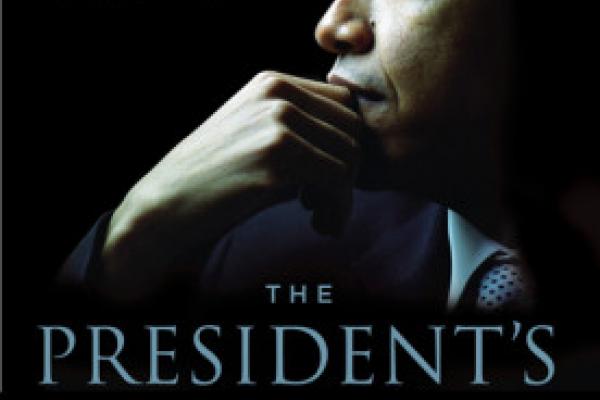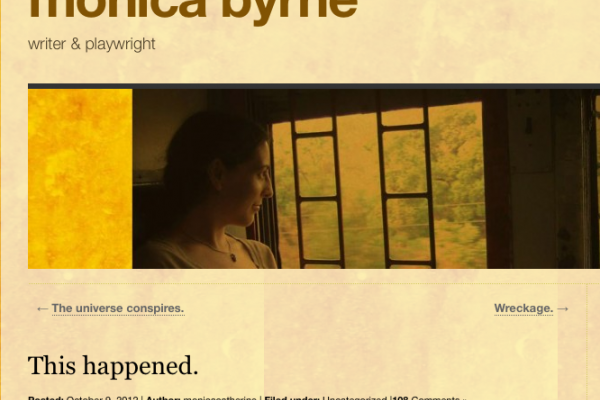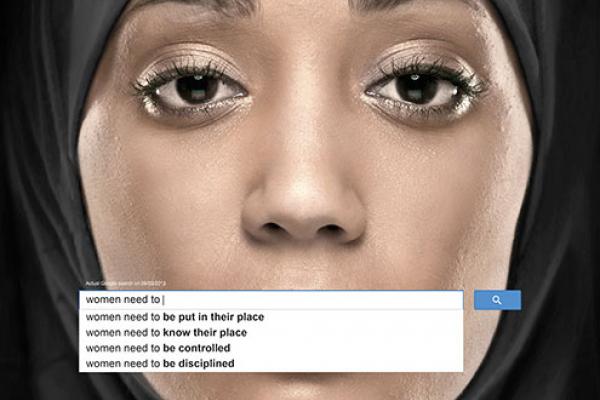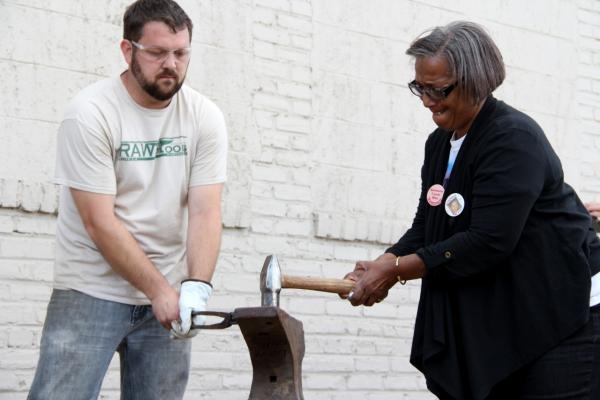In an evangelical Christian climate obsessed with change, cultural trends, and trying to stay up-to-date and relevant, it's easy to undervalue the elderly. The bestselling authors, the hottest worship bands, the superstar conference speakers, and megachurch pastors are all youngish, or at least certainly not elderly, and they’re mainly marketed towards younger to middle-aged audiences.
In many ways, Christians have suffered from the sin of apathy, being guilty of ignoring a large segment of believers — the elderly — who are continually forced into the shadows of our ministries, leadership structures, publicity campaigns, vision, and dialogue.
In an era where fast-paced technology rules the world, elderly Christians are losing their platforms for communication — and the rest of us are too busy to reach out to them. Social media, blogs, websites, tablets, and smartphones continually shrink access to an elderly population that is unable to keep up — and we aren’t waiting for them.
A group of Catholic monks can continue selling their handmade caskets after the U.S. Supreme Court declined to hear an appeal from Louisiana funeral directors.
“We really can now move forward without worrying about being shut down,” said Deacon Mark Coudrain, manager of St. Joseph Woodworks in Covington, La. “This is going to affect a lot of other people. A lot of people are going to have opportunities to do things that are their legal right to generate revenue.”
In a little-noticed ruling on Oct. 15, the Supreme Court declined to hear the case between the brothers of St. Joseph Abbey and the Louisiana State Board of Embalmers and Funeral Directors.
President Obama may not attend church most Sundays, but a new book reveals the Bible verses and prayers that he reads every morning.
The President’s Devotional, released Tuesday by Pentecostal minister turned political aide Joshua DuBois, is a compilation of 365 of the more than 1,500 meditations DuBois has sent the president since he started working for him in the U.S. Senate.
DuBois, who left his White House post in February, spent his weekends reading and praying over what he would send to Obama’s Blackberry the next week. He drew from the words of the Hebrew Bible and the New Testament, the songs of Nina Simone and Bob Dylan, and the activism of Fannie Lou Hamer and the Rev. Martin Luther King Jr.
Unprecedented levels of air pollution effectively closed the city of Harbin in northern China earlier this week. Smog limited visibility in some places up to 30 feet, and measurements of fine particulate pollution skyrocketed a record 40 times higher than the worse safe level set by the World Health Organization, according to the Washington Post.
In the city of 11 million, schools, public bus routes, and the airport were all forced to suspend activities given the unsafe conditions. Hospital admittances of patients with respiratory problems soared an additional 30 percent.
The cause, according to local Chinese news outlets, was the first day of the city’s heating being turned on before winter. China’s air quality has consistently been found to be harmful in the recent decades of the country’s rapid industrial development.
Is the U.S. scapegoating Al Qaeda? It’s an odd question, I know, but it reared its ugly head as I read about the new reports from Amnesty International and Humans Rights Watch on U.S. drone strikes. The scapegoating mechanism is a very precise instrument that accrues enormous benefits to the scapegoater. By accusing their scapegoat of wrongdoing, a scapegoater ingeniously hides from the reality of their own guilt. Now here’s the weird thing: a scapegoat does not have to be innocent to function as a scapegoat. Scapegoats can be evil, nasty, ruthless, amoral sons-of-bitches and still function perfectly well as a scapegoat. Which is why I ask the question: Is the U.S. scapegoating Al Qaeda to hide from its own guilt?
With that in mind, I invite you to read these few excerpts that raised the question for me, with key phrases in boldface:
[continued at jump]
Last week I found out about the unfolding cases of sexual harassment by a respected science blogger and the head of Scientific American’s blog, Bora Zivkovic. It shocked me because I’ve met the man, though I don’t know him well. And so I read the accounts of the three women science bloggers who exposed him. Thefirst one shocked me and made me angry. And the second one shocked me further, because she wrote of the harassment continuing at a conference I attended. It happened right under my nose.
Women are an important part of the science community, but there’s a group of powerful men who are gatekeepers, and some of them use this power as a tool to be overtly sexual with female bloggers looking to advance their writing careers in the science community. The allegations regarding Bora Zivkovic seem to be hard for many in the science community to swallow because he has been a vocal supporter of women’s importance in the field and has actively nurtured the careers of many bloggers.
Gender inequality is an international issue. Striving to empower women and call attention to the sexism of popular opinions worldwide, U.N. Women released a series of ads using text from Google real searches. The ads show women's face with their mouths obscured by the text of the searches, visually silencing their voices.
From unwomen.com:
“When we came across these searches, we were shocked by how negative they were and decided we had to do something with them,” says Christopher Hunt, Art Director of the creative team. The idea developed places the text of the Google searches over the mouths of women portraits, as if to silence their voices.
“The ads are shocking because they show just how far we still have to go to achieve gender equality. They are a wake up call, and we hope that the message will travel far,” adds Kareem Shuhaibar, copy writer.
Yesterday, I read about the 2-year old child who shot herself by accident in North Carolina over the weekend. Then I read about the horror of another school shooting in Nevada. Only hours later — shots rang out again on our block in North Philadelphia, for the second time this week. This time a bullet went through the window of one of the houses owned by our non-profit.
I was talking to a friend about my anger over the 300 lives lost in our city this year to gun violence. With the most sincere intentions, my friend said in an attempt to console me: “It’s just the way the world is.”
I’m not willing to give up that easy. It may be the way the world is today, but it doesn’t have to be the way the world is tomorrow.
